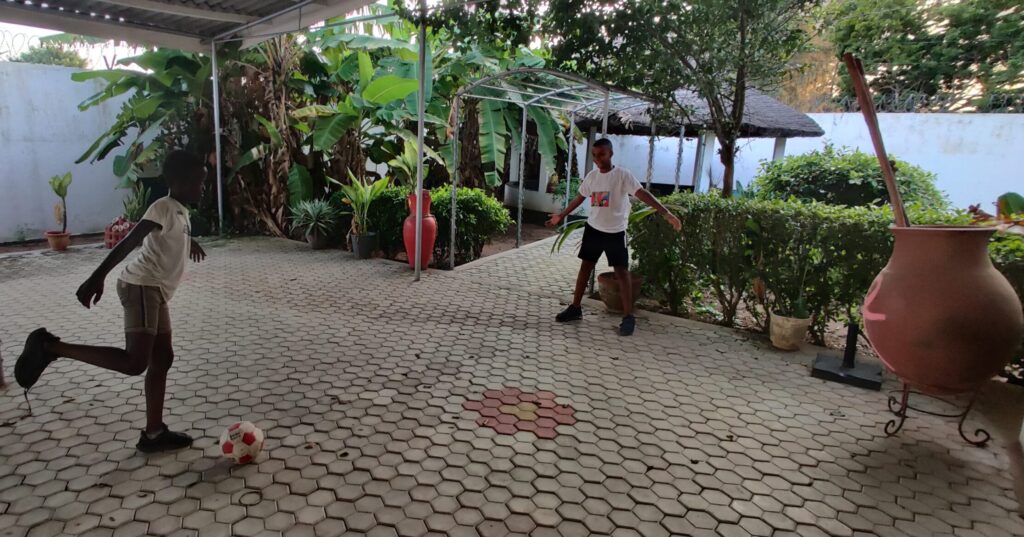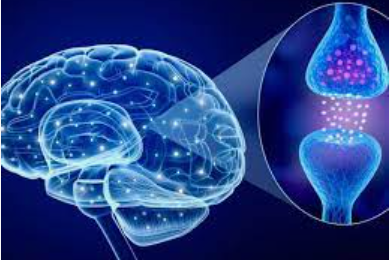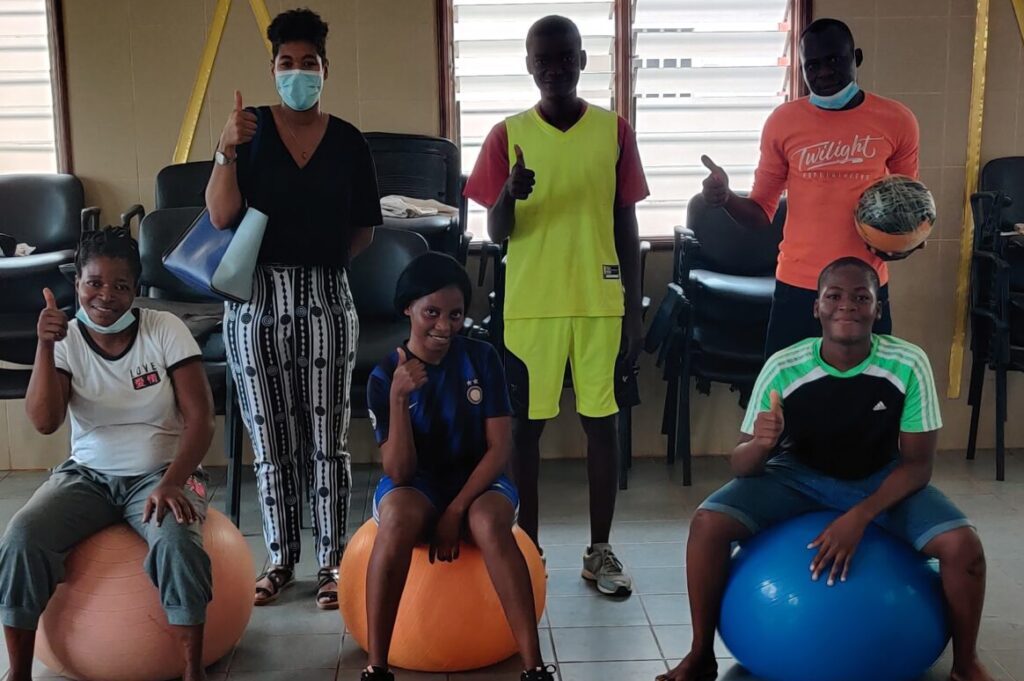Physical Activity and Mental Health
Apparently there is a link between sport and mental health?
First of all, let’s remind us some concepts:
Physical activity corresponds to “any body movement produced by skeletal muscles, responsible for a significant increase in energy expenditure above the resting value. It can be characterised by its duration, intensity, frequency, context and purpose” (INSERM, 2019)

Physical activity can be done during leisure, at work or to move from one place to another. Moderate or high intensity of physical activity has beneficial effects on overall health!
Indeed, the World Health Organisation (WHO) defines health as a state of complete physical, mental and social well-being and not only the absence of disease or infirmity.
We know that physical activity has an important impact on physical health (fight against obesity, prevention of cardiovascular diseases…). It also has benefits on several aspects of mental health!
Let’s discover these effects together.
According to an article in the journal Santé Mentale au Québec written by Emmanuel Poirel, professor at the University of Montreal, practising sport, whether occasionally or regularly, has numbers benefits for the mental health of its practitioners.
In his review, Professor Poirel lists a large number of studies demonstrating the following statements:
Occasional exercises:
- 20 minutes of continuous physical activity involving a large muscle mass, helps to reduce anxiety. (Like swimming, cycling, running).
- 25 to 75 minutes of quick walking on a treadmill has an effect on mood, anxiety, depressive symptoms, hope, guilt, and self-efficacy.
- A single session of physical activity has a positive influence on cognitive performance by improving planning and problem-solving skills, as well as long-term memory.
- Minimum 20 minutes of moderate-intensity activity (a quick walk with slight breathlessness), produces a positive psychological effect that can last from two to seven hours.


Regular exercises:
Regular physical activity promotes better stress management and reduces anxiety. Regularly physically active people tolerate daily stress better than less active people. They are more optimistic and positive about life experiences and less likely to be anxious. In addition, they are less likely to burn out, have less absenteeism from work and are more productive.
The feeling of competence, self-esteem and self-image improve.
But also mood, well-being, anxiety and depression.
Also an improvement in cognitive performance such as memory, reaction time, problem solving and concentration.
(You can find all these detailed studies in Professor Poirel’s article, reference 1 at the bottom )
From these findings, we can affirm that physical activity provides psychological benefits, with immediate or temporary effects on its practitioners depending on the frequency and intensity of the sport.


Moreover, according to Adrien Catteau ( reference 2 at the bottom), a psychologist trained in cognitive-behavioural therapy and a specialist in sport and mental health, physical activity is very effective as a method of preventing psychological disorders, but also as a method of therapy for these disorders!
Physical activity is therefore an important modality both for prevention of mental disorders and for the management of their symptoms.
What about children:
Physical activity is not only recommended for people with mental disorders or for prevention. Studies have shown positive impact of sport on children and adolescents. Physical activity has benefits on their mental and social health (reference 3 at the bottom):
Among these benefits we can list:
- Decrease of boredom, and school and social disinvestment),
- Favours better school results,
- Increase in self-esteem and confidence,
- Control of attention (fight against hyperactivity),
- Development of cognitive, strategic and social skills,
- Channelling aggressiveness,
- Decrease anxiety
As we can see, this list takes into account various skills related to the general life of these young people but also to the school field. Sport helps their moral well-being, social adaptation and learning skills.
Furthermore, young people who are physically active are more likely to adopt healthy behaviours (such as avoiding tobacco, alcohol and drug use). These substances that are often found as cause of mental illness.


A bit of physiology to understand all of this:
Let’s look at the internal mechanisms that explain the effects of physical activity on our body.
I suppose you have already done a sport session in your life! Do you remember that feeling of relaxation at the end but also a feeling of completely drained? The good news is this is completely normal. It is linked to the increase in serotonin in the blood, following any physical effort. Serotonin is a neurotransmitter circulating in our brain. It is mainly involved in the regulation of behaviour, mood, anxiety and learning. It also increases the secretion of endorphins, euphoric hormones that are in the same family as morphine.
Physiologically, it is the release of these chemicals in our body that induces these feelings of well-being but also helps us to reduce stress, anxiety, to sleep better etc…

Conclusion:
We have found that physical activity is not only good for people’s physical health. But also to their mental development and social well-being.
Physical activity is important for the overall health of populations.
Regardless of their age or any disorders they may have
The issue of mental health is a public health concern and physical activity is certainly the most natural, accessible and inexpensive way to address this issue because of its psychological benefits.
If we take the example of the St John of God Psychiatric Centre in Lomé, they focus their patient therapy on occupational therapy. One of the big part of this is about sports activities. Keeping patients busy, developing self-esteem, and pushing them to work on their muscles, and their coordination… (I invite you to read my article, also available on Roxane’s corner. Interview with Evrard, the person who is doing sports activities).


Document references
1: Erudit.com
2: Psy.Link
3: MMJ.fr
4: Croix Rouge Canadienne
5: ISPO.com


